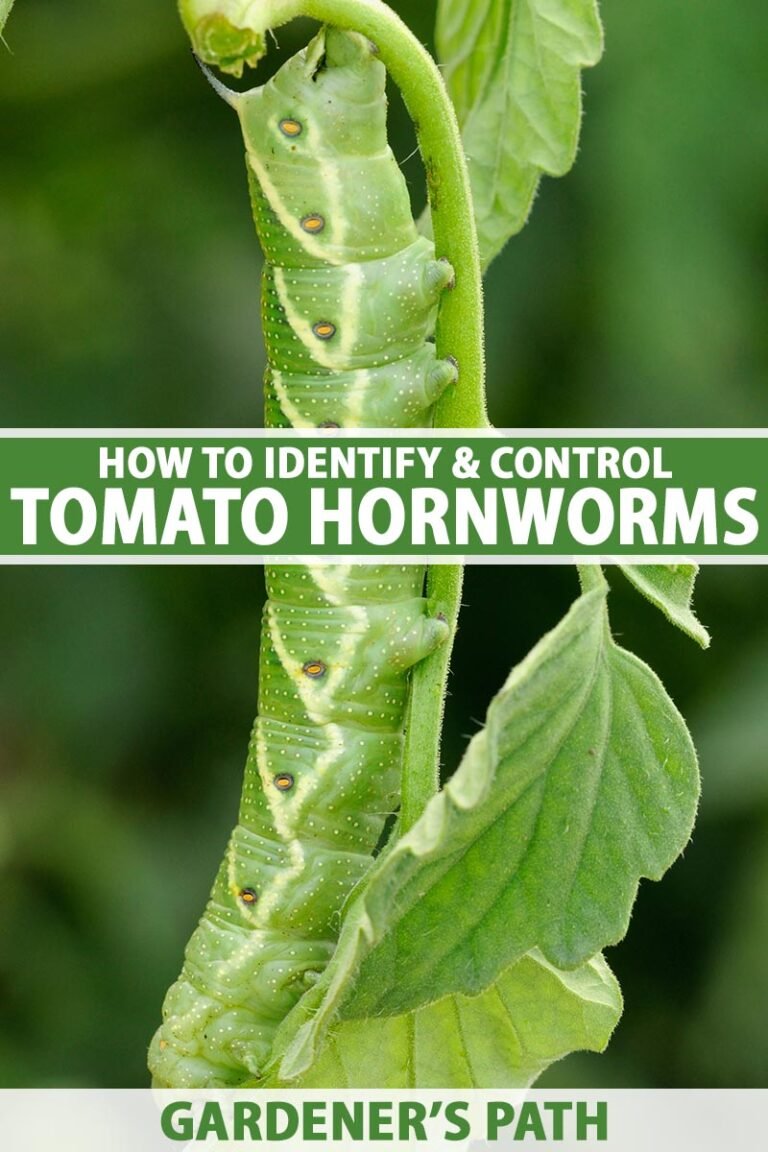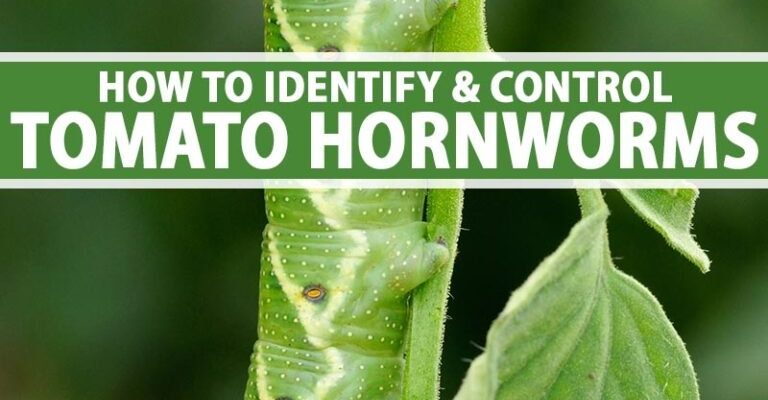
Think of hornworms like the moody teenagers of the garden; they have a tendency to wreak havoc but can be managed with the right approach. Just like you wouldn’t want to scare a teenager away with harsh rules, you don’t want to use harmful pesticides that could drive away bees. Instead, there are plenty of effective, bee-friendly methods to tackle these caterpillars while keeping your garden a safe haven.
What Are Hornworms?
Let’s start by understanding what hornworms actually are. These are the larvae of moths (specifically, the tobacco hornworm and the tomato hornworm), and they love to feast on the leaves of tomatoes, peppers, and eggplants. They’re usually bright green and can be quite large—about 3 to 4 inches long. You might spot them hanging out on the undersides of leaves or blending into the foliage, which makes them tricky to find.
Hornworms can be surprisingly destructive. A single caterpillar can consume a significant portion of a tomato plant’s leaves in just a few days. If you’ve ever had a plant that suddenly looks like it’s been through a tornado, you might have hornworms to blame. Here’s the thing: catching them early is key.
The Importance of Bees in Your Garden
Now, while hornworms may be a problem, bees are essential for a thriving garden. These little workers not only pollinate flowers but also help produce fruits and vegetables. It’s estimated that one-third of our food relies on pollination, and without bees, that would be a whole lot less delicious.
When you think about it, bees are like the gardeners of the animal kingdom. They ensure that flowers bloom and produce fruit, and without them, your garden might turn into a sad patch of wilted plants. That’s why protecting them while dealing with pests is crucial. You want a balance—a thriving garden that supports both your plants and the bee population.
Natural Ways to Control Hornworms
So, how can you control hornworms without turning to harmful chemicals? Here are some natural methods that work wonders:
- Handpicking: It might sound tedious, but getting your hands dirty can be really effective. Check your plants regularly, especially the undersides of leaves. If you spot a hornworm, just pluck it off and dispose of it. Think of it as a little garden exercise!
- Beneficial Insects: Attracting beneficial insects like ladybugs and lacewings can help control hornworm populations. These insects feed on hornworms and other pests, allowing you to keep your garden healthy and balanced.
- Neem Oil: This natural pesticide disrupts the life cycle of the hornworm. Just mix neem oil with water and spray it on your plants. It’s safe for bees but deadly for hornworms. Remember to spray in the evening when bees are less active.
These methods might take a bit more time than simply spraying pesticides, but they’re effective, eco-friendly, and good for the environment.
Using Insecticidal Soaps and Deterrents
Another way to manage hornworms is by using insecticidal soaps or organic deterrents.
- Insecticidal Soap: This is made from natural plant oils and can effectively kill soft-bodied pests like hornworms. Just spray it directly on the caterpillars, and it will work its magic. Like neem oil, it won’t harm bees.
- Garlic or Chili Pepper Spray: Homemade sprays made from garlic or hot peppers can deter hornworms. These sprays are natural and won’t hurt your beneficial pollinators. Just blend a few garlic cloves or hot peppers with water, strain it, and spray it on your plants.
These options are great because they minimize harm to the bees while still putting up a fight against hornworms.
Introduce Companion Planting
Companion planting is like creating a neighborhood watch in your garden. Certain plants can help protect each other from pests. For instance, planting basil nearby can help deter hornworms from your tomato plants. It’s a natural form of pest control that can boost the health of your garden.
Here are some companion plants to consider:
- Marigolds: These vibrant flowers not only attract pollinators but also repel hornworms and other pests.
- Borage: This herb attracts beneficial insects and can improve the health of your tomato plants.
- Garlic: Not only does it add flavor to your meals, but it can also act as a natural deterrent.
By creating a diverse garden, you increase the chances of keeping pests at bay while inviting bees and other helpful creatures.
Monitoring and Maintaining Your Garden
Regularly checking your plants is essential. Just like you’d check in on a friend to see how they’re doing, you need to keep an eye on your plants. Look for signs of hornworms or other pests, and take action quickly.
Here are some tips for monitoring:
- Daily Walks: Spend a few minutes each day walking through your garden. It’s not just good exercise; you’ll catch problems early.
- Use Sticky Traps: You can place yellow sticky traps around your garden. They attract pests and help you monitor populations, giving you a heads-up before things get out of control.
Think of it as a little check-in. You want to be aware of what’s going on so you can respond quickly.
Controlling hornworms doesn’t have to mean waging war on your garden. With the right strategies, you can protect your plants while ensuring that bees thrive alongside them. From handpicking to natural sprays and companion planting, there are plenty of effective ways to deal with hornworms that align with an eco-friendly mindset.
As you work on your garden, remember that it’s all about balance. Nature has a way of taking care of itself when we allow it to. By practicing these methods, you’re not just protecting your plants; you’re also nurturing the environment around you. So go ahead, enjoy gardening, and keep those bees buzzing while you enjoy the fruits of your labor!

